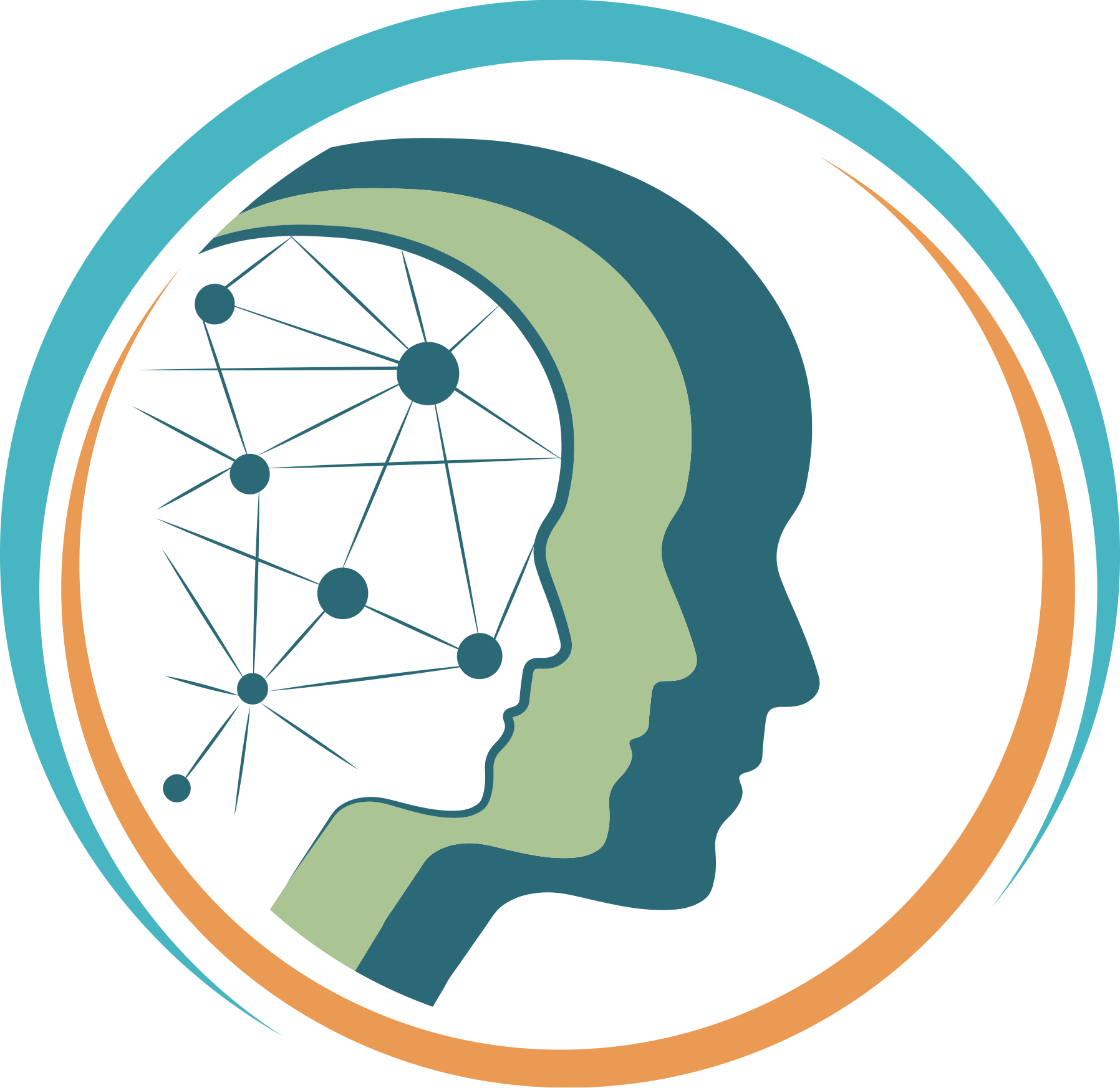-Debra Wesselmann and Cathy Schweitzer Newborn babies are drawn to the face of the parent. Initially, the baby focuses just above the parent’s eyes. Eventually the baby is drawn to the eyes themselves. This is a magical and powerful moment in the life of the child. Through the parent’s gaze, he or she learns of his value and place in the world. The parent’s expression provides the child with core beliefs that are likely to last a lifetime. The child who sees an expression of love and happiness on a regular basis is learning at a very deep level that he is loved and lovable. The child who most often sees eyes that look at him with an expression of fatigue, depression, boredom, or irritability learns that he is unlovable and unworthy. Parents who struggle with depression, extreme stress, grief, or substance abuse don’t mean to deliver this message.
If you went through difficulties after your child was born or you adopted a child who came from tough circumstances, your facial expressions are key in the healing of your child’s feelings about himself and his sense of connection with you. If your child expects to see an angry or disappointed face, he or she may behave in ways that match his expectations—so softening your facial expressions might be a real challenge. At the same time, your child may be hyper vigilant to angry faces and reactive in a way that seems over-the-top. You won’t be able to do it perfectly – but with effort, you can develop greater awareness of your facial expressions and repair the rougher moments. Look for opportunities to smile and be playful.
The expression on your face when you look at your child will have power throughout your child’s growing up years and even through adulthood. Lifelong, your child will see his worthiness reflected in your gaze.
